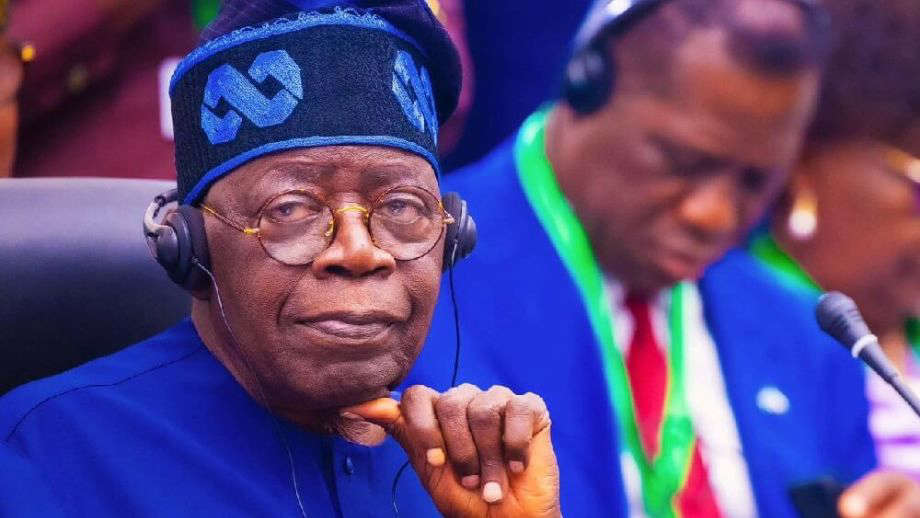
President Bola Tinubu has called for debt forgiveness for Nigeria and other developing countries from creditors and multilateral financial institutions.
Tinubu made the call while addressing world leaders during the General Debate of the ongoing 79th Session of the United Nations General Assembly (UNGA) at the UN headquarters in New York, United States.
This is contained in a statement issued by spokesperson of Vice-President Kashim Shettima, Mr Stanley Nkwocha, on Wednesday.
Tinubu was represented at the global forum by the Vice-President Kashim Shettima.
Tinubu also emphasised the need for reforms in the international financial architecture and a transparent multilateral trading system.
The president expressed the hope that “the adoption of the “Pact for the Future” could change the narrative, reposition economies and translate into concrete measures.
According to him, the measures will provide solutions to the challenges faced by developing and least developed countries.
“It is for this and other reasons that we reiterate the call by countries, especially of the global South, for reform of the international financial architecture and promotion of a rules-based, non-discriminatory, open, fair, inclusive, equitable and transparent multilateral trading system,” he noted.
Tinubu, who emphasised the dangers of digressing from multilateralism, drew the UN’s attention to the global debt burden undermining the ability of countries and governments to meet the needs of their citizens.
He also said that trade barriers and protectionist policies destroying the hopes for nations, and the uncontrollable competition discouraging motivation and hampering global investments.
“Similarly, we must ensure that any reform of the international financial system includes comprehensive debt relief measures.
” This will ensure a sustainable financing for development. Countries of the global South cannot make meaningful economic progress without special concessions and a review of their current debt burden.”
The President, therefore, called for the recovery of the proceeds of corruption and illicit financial flows.
He maintained that the return of such funds to countries of origin “is a fundamental principle of the United Nations Convention against Corruption.


